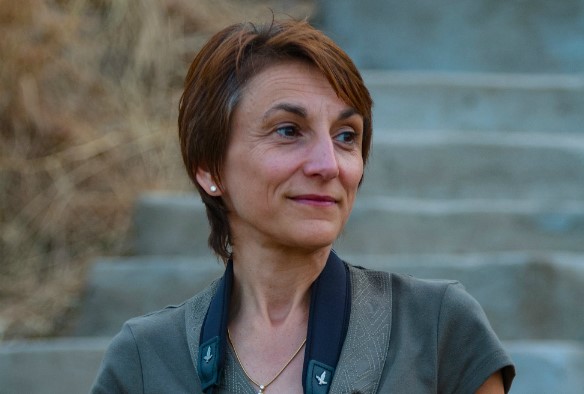
The University of Liverpool’s Professor Jane Hurst has been named as the 2022 winner of the Universities Federation for Animal Welfare (UFAW) Medal for Outstanding Contributions to Animal Welfare Science.
The award recognises the exceptional achievements of an individual scientist who has made fundamental contributions to the advancement of animal welfare over a number of years. The award is open to individuals, anywhere in the world, whose research, teaching, service and advocacy has significantly benefited the welfare of animals.
Professor Hurst is the joint Head of Evolution, Ecology and Behaviour at the University’s Institute of Infection, Veterinary and Ecological Sciences. Her research interests include animal scent communication, laboratory animal welfare, humane rodent control, and the interactions between behaviour and disease.
Professor Hurst was nominated for the award to acknowledge her fundamental contribution to understanding rodent behaviour and ecology, particularly that of mice. Through her work, Professor Hurst demonstrated that the traditional method of handling laboratory mice – picking them up by the tail – was stressful, and that two alternative methods (tube and cup handling) were much less stressful. Jane publicised her work in such a way that her handling methods are now in widespread use around the world, transforming the welfare of millions of animals globally.
Furthermore, Jane’s work on scent communication and the social structure of mice offers promise in the development of more humane pest control methods, which could offer a high-welfare alternative to commonly employed inhumane rodent control methods.
Professor Hurst said: “I am hugely honoured to receive this major award from UFAW. I am so pleased that we have been able to make such a positive difference to laboratory rodents by changing the way we handle them, based on our understanding of what is important from their perspective. We also need to minimise harm when wild rodents must be controlled by developing more humane approaches, as UFAW has championed for many years. I really hope that our current research will contribute significantly to this effort and help to bring more focus to this important global welfare issue.”
Dr Huw Golledge, UFAW’s Chief Executive and Scientific Director said: “Jane’s approach to understanding the basic biology and behaviour of rodents and then applying this knowledge to meet their welfare needs in captivity demonstrates the huge improvements we can make to animal welfare if we use science to understand what animals need and how to provide it. I am delighted that UFAW is recognising Jane’s achievements which are now benefitting the welfare of millions of rodents every year”.
Professor Hurst, who also holds an OBE for services to animal welfare, will be presented with her award at UFAW’s International conference in Edinburgh this June.